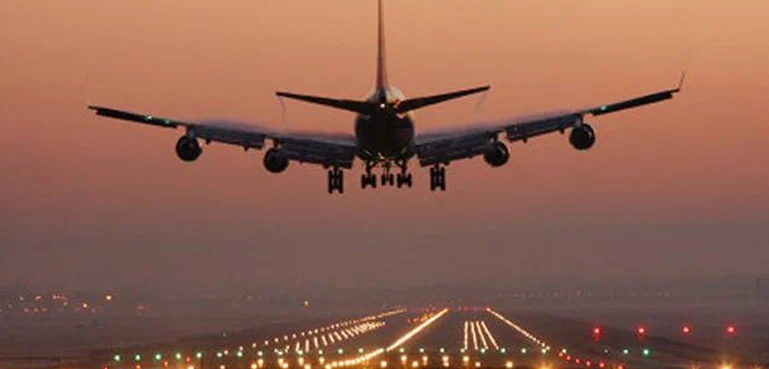The World Health Organization (WHO) has announced the extension of the travel ban on Pakistan for an additional three months due to the continued presence of the polio virus in the country. This decision comes in response to the detection of the polio virus in the sewage of several cities across Pakistan, highlighting ongoing challenges in the nation’s efforts to eradicate the disease.
The recommendation for the extension of the travel ban was made by the WHO’s Emergency Committee on Polio, reflecting the gravity of the situation and the need for sustained measures to address the persistent threat of polio transmission.
Pakistan and neighboring Afghanistan have been identified by the WHO as the primary sources of global polio transmission, with both countries posing a mutual threat to each other in terms of the spread of the virus. Despite significant efforts to combat polio, the wild poliovirus 1 remains endemic to Pakistan and Afghanistan, with transmission occurring between the two nations.
In Pakistan, specific cities such as Karachi, Peshawar, and Quetta have been identified as hotbeds of polio virus transmission, contributing to the ongoing spread of the disease. The WHO has underscored the importance of addressing polio surveillance and vaccination efforts in these high-risk areas to curb the transmission of the virus.
The recent resurgence of polio cases in Pakistan, with two reported cases this year, has raised concerns about the effectiveness of existing vaccination and surveillance measures. Additionally, the prevalence of polio in sewage samples has increased significantly, further highlighting the urgent need for enhanced interventions to contain the spread of the virus.
The WHO has emphasized the role of cross-border migration in facilitating the transmission of polio between Pakistan and Afghanistan. Migration from high-risk areas in Pakistan has been identified as a significant factor contributing to the spread of the virus in Afghanistan, underscoring the interconnected nature of polio transmission in the region.
To address these challenges, the WHO has called for improved polio vaccination efforts at Pak-Afghan crossing points and heightened access to polio vaccines among children in southern Khyber Pakhtunkhwa. Additionally, the organization has stressed the importance of increasing polio vaccination coverage in Pakistani border towns to mitigate the risk of further virus transmission.
In light of the extended travel ban, the WHO has announced continued polio surveillance in Pakistan for the next three months. Furthermore, individuals traveling abroad from Pakistan will be required to undergo polio vaccination, reflecting the organization’s commitment to containing the spread of the virus and protecting global health security.
The extension of the travel ban marks a significant milestone in the ongoing battle against polio in Pakistan, underscoring the need for sustained efforts and collaborative initiatives to achieve the ultimate goal of eradication. As the country grapples with the persistent threat of polio transmission, continued vigilance and investment in polio eradication efforts remain paramount to ensure a polio-free future for generations to come.



